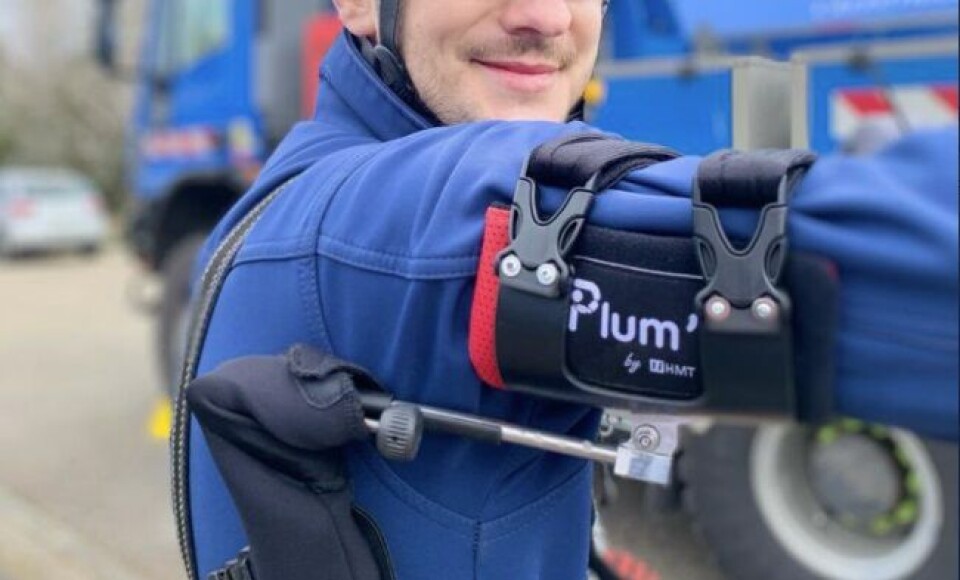-
Plan to recycle unused medicines in France could save €1.5 billion a year
Products returned to pharmacies to be repackaged then resold under health minister's plan
-
Dordogne town intensifies mosquito-control operations as disease rates rise
Bergerac has reported 52 cases of chikungunya
-
Photos: where to go star-gazing in south-west France
Natural park one of seven prestigious ‘dark sky’ areas in the country
French start-up makes exoskeletons to support staff in physical roles
The start-up is the first of its kind in France, and produces up to 300 exoskeletons per year that help ease neck, shoulder, elbow, and arm pain in workers

An award-winning French start-up is developing exoskeletons to help support people who work in physical professions, in a bid to help ease neck, shoulder, elbow, and arm pain.
HMT, based in Tarbes in Hautes-Pyrénées, was started in 2017 by six alumni of the town’s engineering school. In 2018, the company won first prize in the health and safety category of a national competition organised by electricity company Enedis.
The start-up is the only company of its kind producing exoskeletons in France. For the past two years, it has been testing its exoskeleton technology on Enedis technicians in the Hautes-Pyrénées.
As part of their job, the workers are often required to carry weights of more than 10 kilograms with poles of up to two metres long, under power lines. The exoskeletons help support the workers’ shoulder and arm movements, to provide relief for the neck.
Aujourd’hui à la rencontre de l’exosquelette de la start up HMT qui développe son produit avec enedis à Montauban. Un super accueil de l’équipe TST HTA. Merci pic.twitter.com/5XuAdU7xFN
— Philippe Delbarre (@phdelbarre) March 5, 2019
Philippe Berardo, area director of Enedis Hautes-Pyrénées, told FranceInfo: “These exoskeletons offer support for weights held at the end of their arms. This helps prevent and avoid musculoskeletal problems [later].”
HMT now produces up to 300 exoskeletons per year, and is continuing to use them to support workers in physical professions.
Kevin Regi, general president director of HMT, said: “Today we are working across almost all industries of France, including in energy, farming, and construction.”
Each exoskeleton costs around €5,000-6,000 to produce.
Related stories
Paper fuel cells could track vaccines and help diabetics
French company launches €100m project to create artificial skin
























